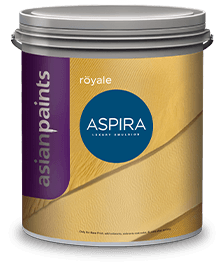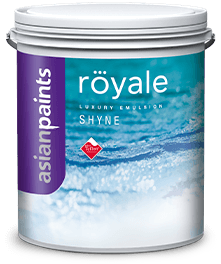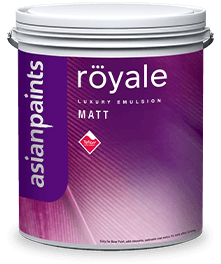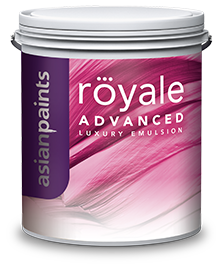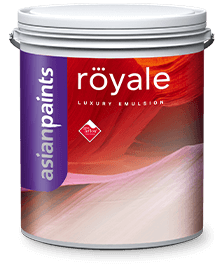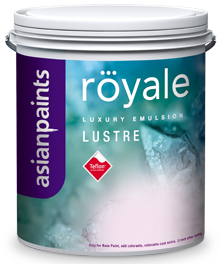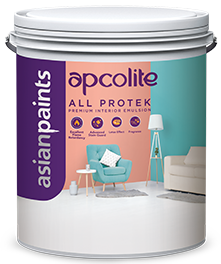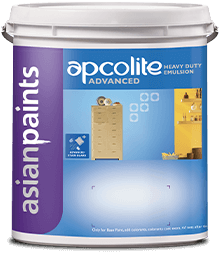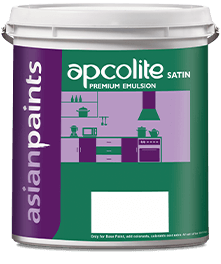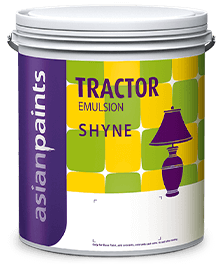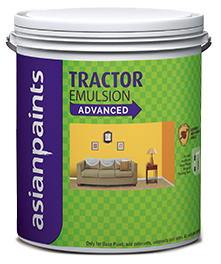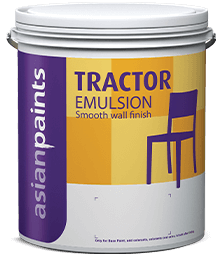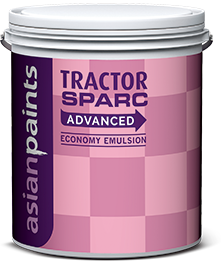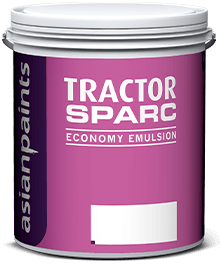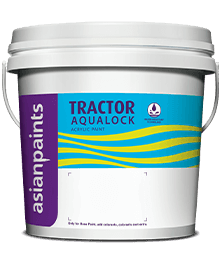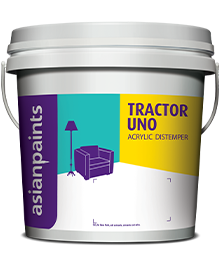

Apcolite Interior Wall Paints

Popular products

The collection brings the nostalgia of India’s ancient handicraft traditions to contemporary homes. The distinctive finishes are representative of different states in the North, South, East and West of India.
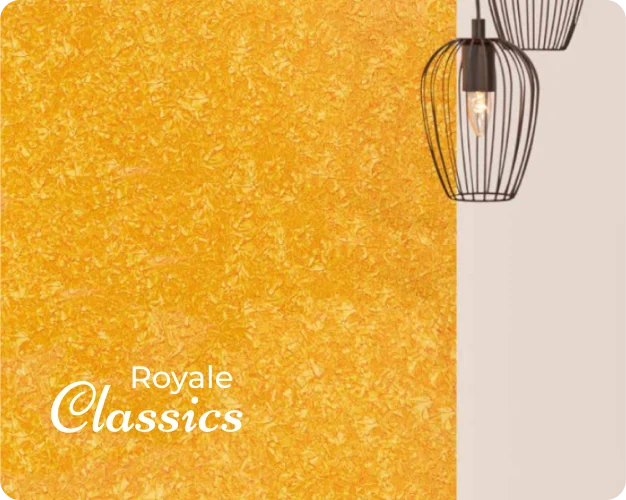
The collection brings the The distinctive finishes are of India’s ancient handicraft of different states in the North, South, East and West of India nostalgia of India’s ancient handicraft states traditions to states contemporary homes.

Asian Paints Beautiful Home Painting Service
Get end to end safe and hassle-free painting experience with Asian Paints Beautiful Home Painting Service.
The different kinds of paint covered in the Apcolite collection are Apcolite All Protek Matt/Shyne, Apcolite Premium Emulsion, Apcolite Premium Satin Emulsion, Apcolite Advanced Matt/Shyne, Apcolite Interior Wall Finish Lustre. Each of the Apcolite Collection has features fulfilling your requirements.
All Asian Paints Apcolite products have high washability features. Apcolite All Protek provides best in class stain Repellancy backed by Lotus effect technology and its Advanced Stain Guard protects life of paint by making stains easy to clean.
The longevity of any Apcolite Collection it be Apcolite Premium Emulsion or any other Apcolite varaint, depends completely on factors such as the weather, regular maintenance, etc.
All the products may be Asian Paint Apcolite Premium Emulsion or the Apcolite Premium Satin Emulsion all of the collection products have the feature of protecting your walls against fungus and bacteria.
Yes, Asian Paints Apcolite Advanced Shyne, All Protek Shyne will provide your walls with the right sheen finish.
From the Apcolite Asian Paints Collection, you can select the Apcolite Premium Satin Emulsion to get a satin finish on your walls.
The Apcolite Asian Paints Collection comes in different sizes from 1 litre, 4 litres, 10 litres to 20 litres. You can select the size depending on your project requirements, and you can use the help of the Paint Budget Calculator to find the Apcolite Premium Emulsion prices or any other apcolite product.
Asian Apcolite Paint collection range can be found through our Paint Budget Calculator which will give an accurate pricing range estimate according to the Asian Apcolite Paint you’ve selected for your project, may it be the Apcolite Premium Emulsion price or any other product from the collection
Apcolite Premium Emulsion is powered by Nano Block Technology, which helps to prevent dust & micro particles enter the surface, acts like a protective armour against fungus and unwanted stains.











